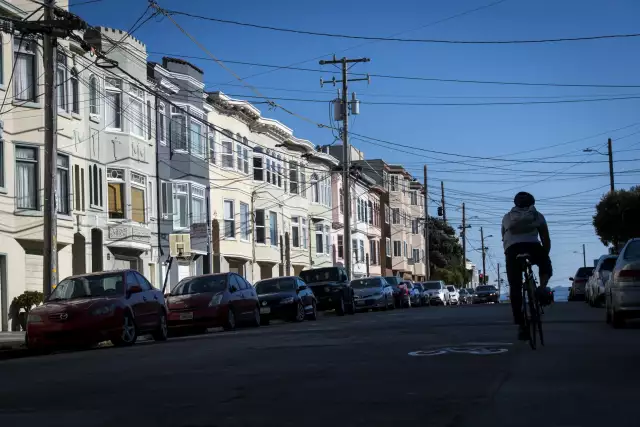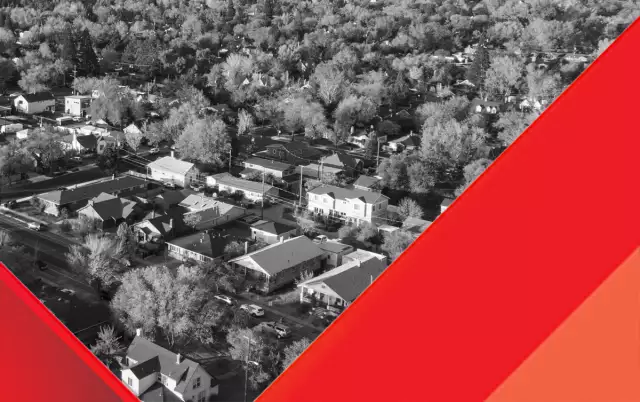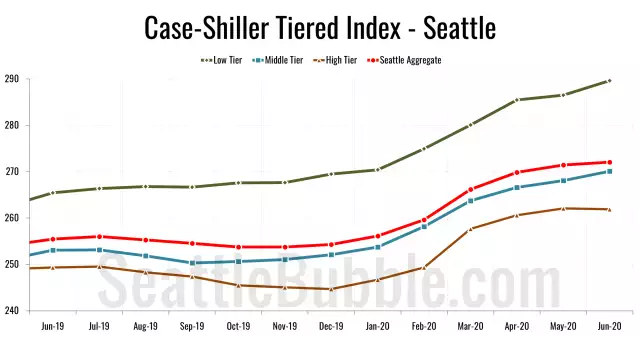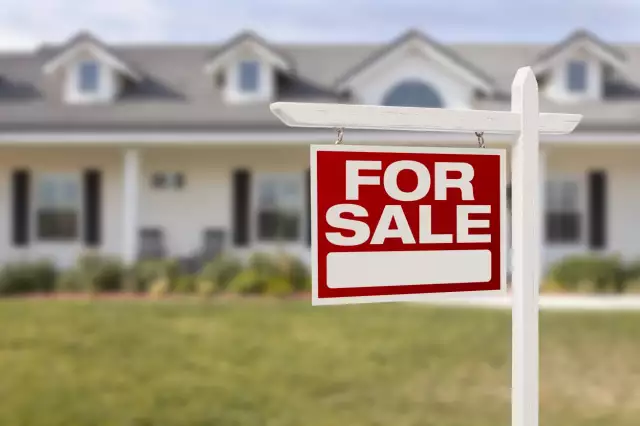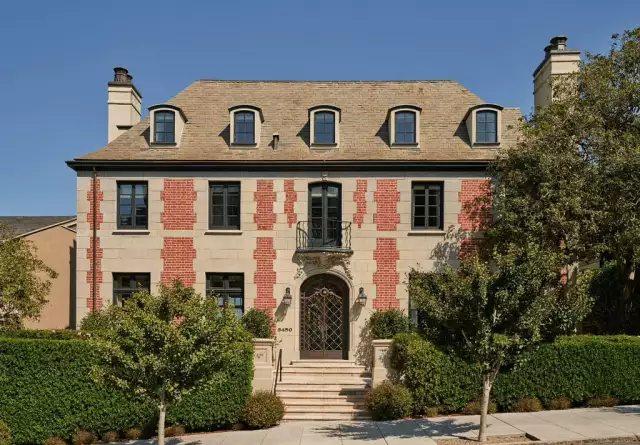Home prices are starting to buckle in tech-fueled San Francisco
Home prices are starting to buckle in tech-fueled San Francisco
San Francisco, one of the most-expensive U.S. cities for housing, is starting to see prices fall for the first time since the depths of the pandemic.
The median house price in the city dropped 3% from a year earlier to $1.89 million in June, according to a report Thursday by brokerage Compass Inc., after cresting above a record $2 million in the previous three months. The latest price was still 20% above the level in March 2020, when Covid-19 lockdowns began.
“It’s probable, though not yet certain, that one of the longest, most dramatic real estate market upcycles in history — oddly enough, supercharged by a deadly, worldwide pandemic — peaked this past spring,” Patrick Carlisle, San Francisco Bay area market analyst for Compass, wrote in a note Thursday.
Home sales and price gains have cooled nationally as interest rates soared this spring after the Federal Reserve moved to tame inflation. Sellers have begun to slash asking prices in the most overheated US markets, such as Las Vegas, Denver, Austin and Nashville. Yet many of those areas are still recording prices that are above year-earlier levels, but are just appreciating at a slower pace.
San Francisco has been hit particularly hard by a slow return of office workers after the pandemic and residents departing for cheaper cities. And the tech industry, a major driver of local wealth, is facing a downturn, with stocks declining and several startups laying off workers.
In the broader Bay Area, including Silicon Valley and the East Bay, house prices rose 2% year over year in June to a median $1.43 million, Compass reported. It was the slowest growth since May 2020, when they were flat year over year.
In the intervening two years, Bay Area prices climbed at an annual double-digit pace, buoyed by a combination of record-low mortgage rates, soaring stock-investment wealth and demand for space by people working from home.
Bay Area homes are taking longer to sell and bidding wars are less intense, leading to a smaller share of sales above listing prices, Carlisle said in his report. But there’s unlikely to be a housing crash comparable to 2008, he said, because most owners today have affordable mortgages and won’t be forced to sell.
“A correction is not a crash,” he wrote.
